

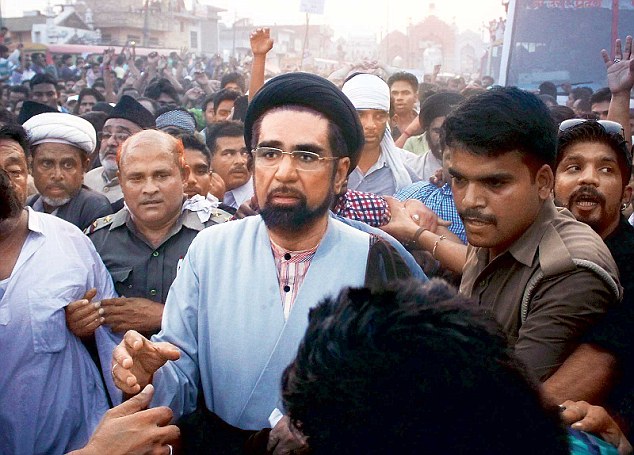
Shia cleric Maulana Syed Kalbe Jawad and other community members staged a protest in Lucknow against the Waqf (Amendment) Bill, 2024, which aims to regulate and control the administration of waqf institutions and their properties. This bill has been met with controversy and has faced criticism from various religious and civic bodies, leading to ongoing protests. The history of waqf administration in India, from the pre-Independence period to the current amendment act of 2013, has been a topic of debate and discussion, with multiple recommendations made for better governance of these religious endowments.
Background:
Waqf, an Arabic term meaning perpetual endowment, refers to a property that is dedicated for religious or charitable purposes in Islam. In India, waqf properties have been managed by a variety of agencies, including the Waqf Board, administrators appointed by the government, and the judiciary.
The Waqf (Amendment) Act, 2024:
In 2024, the Indian government introduced the Waqf (Amendment) Bill, 2024, aiming to regulate and control the administration of waqf institutions and their properties. The bill has been met with opposition from religious and civic bodies, who argue that it will impose excessive government control over waqf properties.
Protests and Controversies:
Shia cleric Maulana Syed Kalbe Jawad and other community members have staged protests in Lucknow against the Waqf (Amendment) Bill, 2024. Critics of the bill argue that it is a violation of religious freedom and will lead to the misuse of waqf properties.
Historical Context:
The administration of waqf properties in India has been a subject of debate and discussion for decades. During the British colonial period, the government attempted to regulate waqf properties through various legislations. However, these efforts were met with resistance from the Muslim community, who saw it as an attempt to interfere with their religious practices.
After India's independence in 1947, the government established the Central Waqf Council to manage waqf properties. However, the Council faced challenges in enforcing its authority and addressing complaints related to the management of waqf properties.
Recommendations for Better Governance:
Over the years, multiple recommendations have been made for better governance of waqf properties. These include:
Top 5 FAQs:
1. What is the main purpose of the Waqf (Amendment) Bill, 2024? A: To regulate and control the administration of waqf institutions and their properties.
2. Why are some religious and civic bodies opposing the bill? A: They argue that it will impose excessive government control over waqf properties and violate religious freedom.
3. How has the administration of waqf properties been managed in India over time? A: Waqf properties have been managed by a variety of agencies, including the Waqf Board, administrators appointed by the government, and the judiciary.
4. What are some recommendations for better governance of waqf properties? A: Establishing a national database, ensuring transparency, setting up a grievance redressal mechanism, and promoting technology.
5. What are the potential consequences of the Waqf (Amendment) Bill, 2024, if it is passed? A: Increased government control over waqf properties, potential misuse, and challenges in using them for religious and charitable purposes.
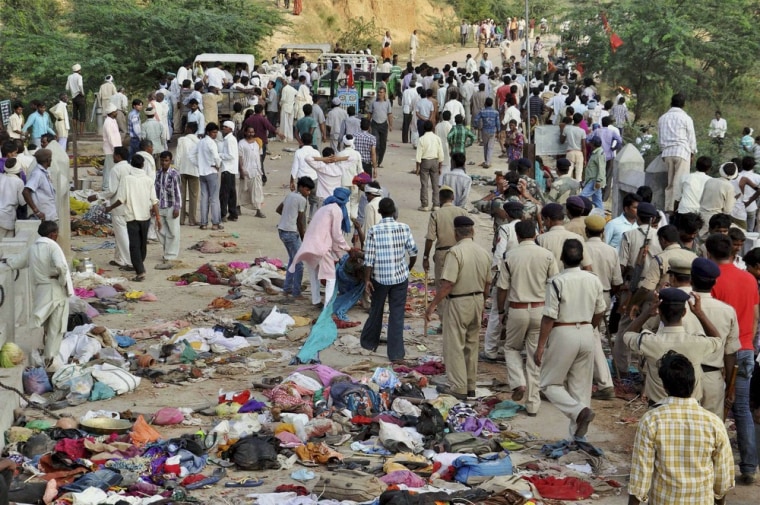
In the aftermath of a tragic stampede at the Sri Venkateswara Swami Temple in Tirumala, Andhra Pradesh Chief Minister Chandrababu Naidu has taken swift action by suspending officials and ordering a judicial probe into the incident. Criticizing the lack of responsibility and failure to assess the situation, Naidu's political opponents are also utilizing the incident to attack his government. Amidst the controversy, the temple's reputation for managing large crowds has taken a hit and measures are being suggested to prevent such incidents in the future.
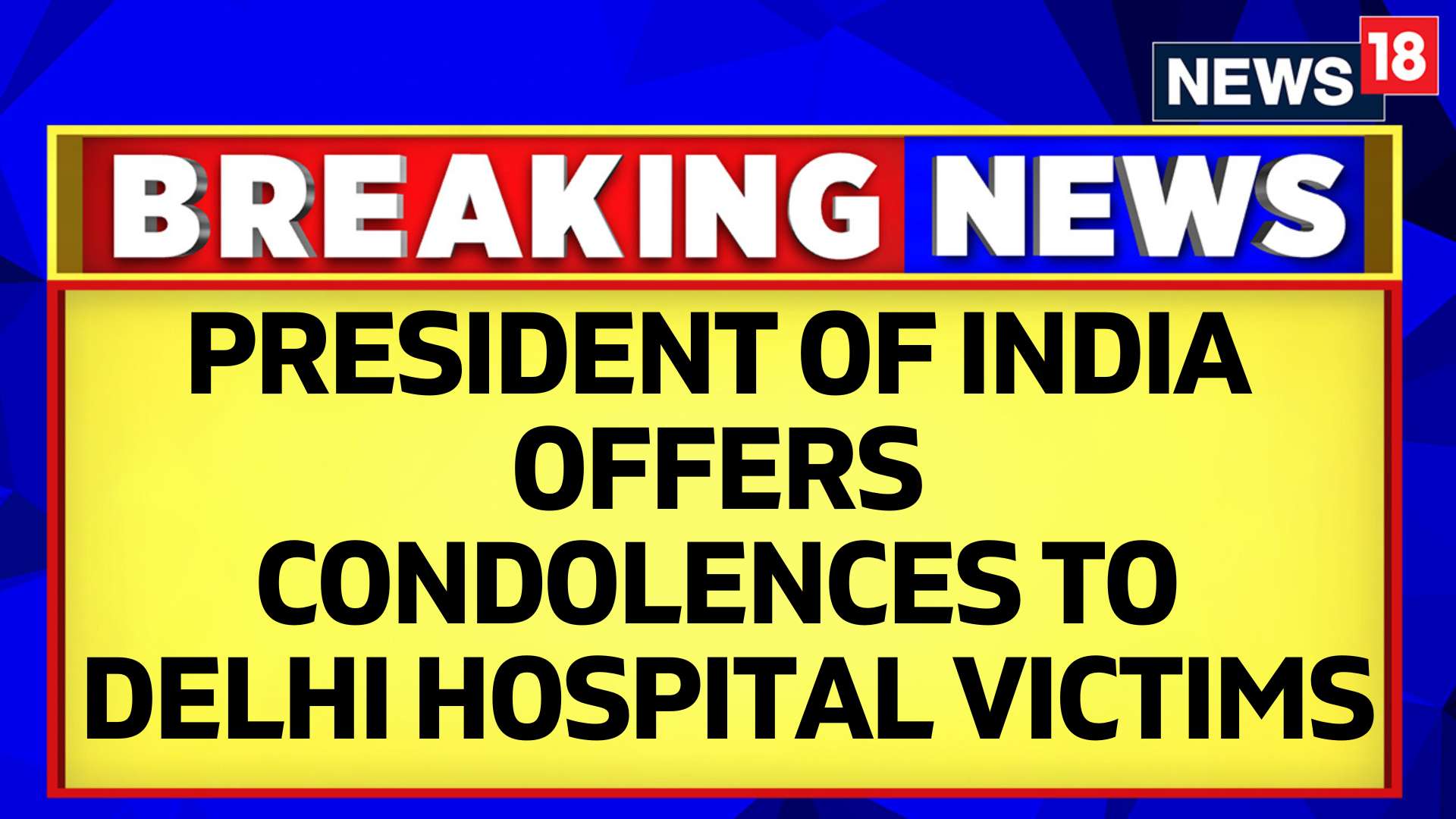
President Droupadi Murmu expressed her distress and offered heartfelt condolences to the families of devotees who lost their lives in a stampede at Tirupati on Thursday. She also prayed for the speedy recovery of the injured and urged for better crowd management at religious places. The stampede occurred on Wednesday night as devotees were jostling for tickets at the Lord Venkateswara Swamy temple on Tirumala Hills for the Vaikunta Dwara Darshanam.

Greenland, the world's largest island, has been in the news for its melting glaciers and concerns about climate change. However, its strategic importance has also caught the attention of leaders like President Trump who recently expressed interest in purchasing the island. This is not a new idea, as previous presidents have also considered acquiring Greenland due to its location, potential energy resources, and role in the Arctic region. This article explores the history of this proposition and the current geopolitical considerations surrounding Greenland.
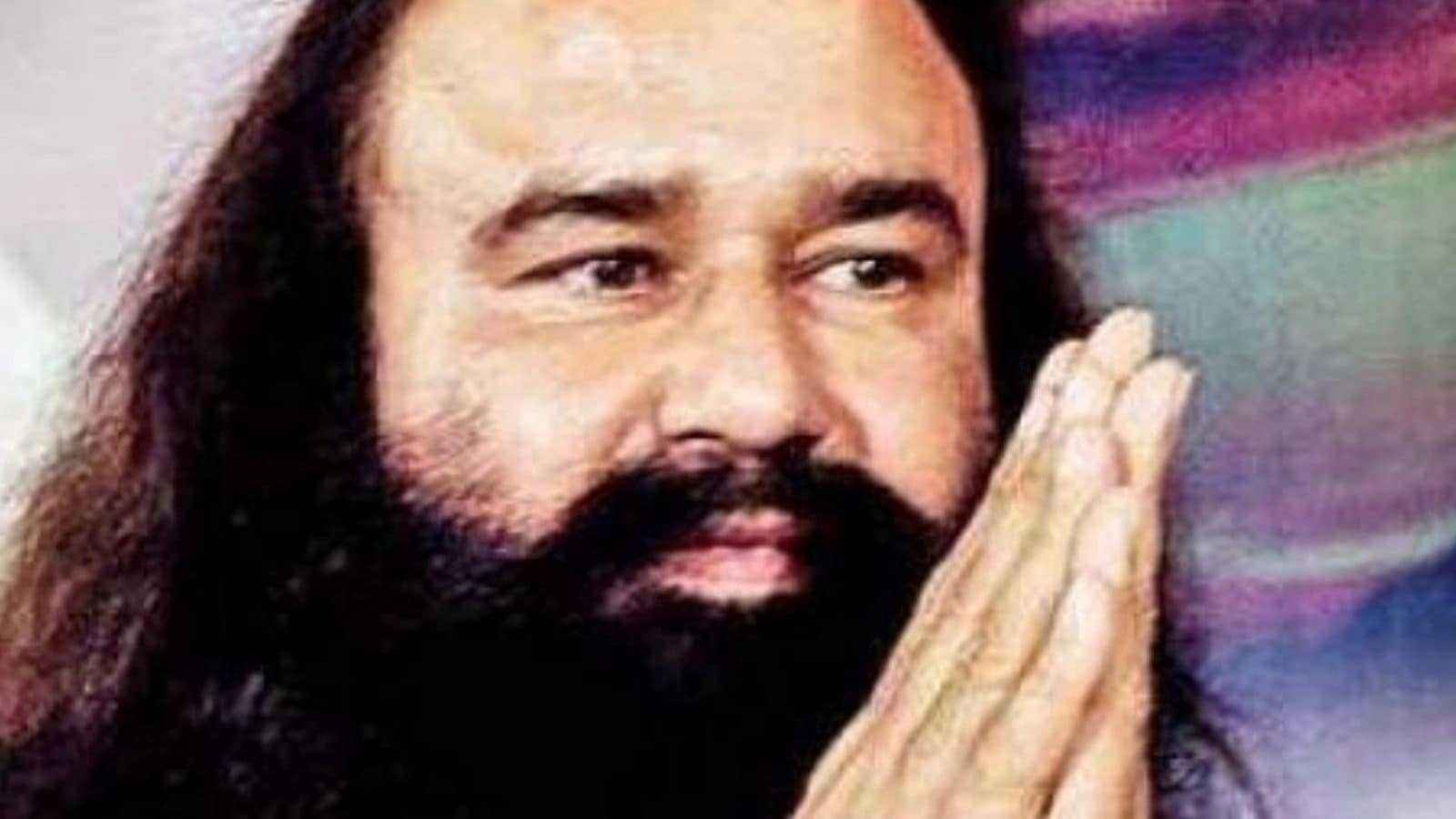
The Supreme Court has agreed to examine the Central Bureau of Investigation's appeal against the acquittal of Dera Sacha Sauda chief Gurmeet Ram Rahim Singh and four others in the murder case of former sect manager Ranjit Singh. The case, which has seen multiple twists and turns, has been referred to Justice Bela M. Trivedi's bench, which is already hearing a related petition filed by the victim's father. The CBI has argued that Ram Rahim orchestrated the murder after suspecting Singh of leaking an anonymous letter accusing him of sexual misconduct. The case has attracted widespread public attention due to Ram Rahim's involvement and frequent paroles from prison.
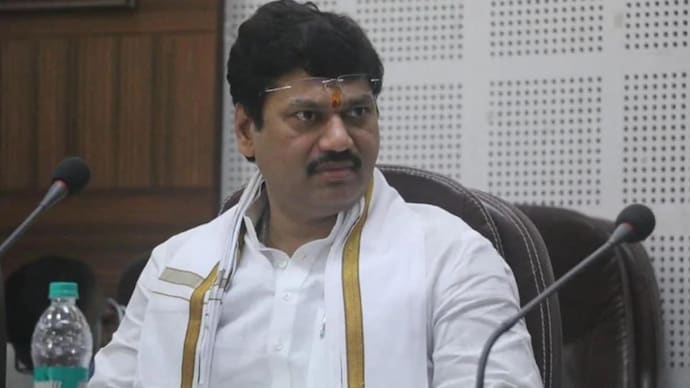
As Nationalist Congress Party (NCP) leader Supriya Sule voices the public demand for Minister Dhananjay Munde's resignation, a petition filed in the Bombay High Court by Dhananjay Deshmukh, brother of the murdered sarpanch, is withdrawn. The petition had alleged that Munde was linked to a criminal syndicate involved in the murder of his sibling in 2024. Sule cites a precedent in which a former Maharashtra CM resigned over a scam, calling for similar sensitivity towards this case.

The Election Commission of India has announced the schedule for the Delhi Assembly Elections 2025, with voting to take place on February 5 and counting of votes on February 8. The recent release of the final electoral roll shows a 1.09 per cent increase in the number of voters since the last draft. CEC Rajiv Kumar addressed concerns over EVMs and the election procedure, asserting the transparency and credibility of the Indian election process. The AAP, BJP and Congress are gearing up for a three-way battle, with the AAP currently in the lead after sweeping 2020 Delhi elections.

With the Delhi Assembly elections just around the corner, AICC Delhi in-charge Qazi Nizamuddin believes that the Congress party will successfully appeal to voters by focusing on key issues affecting citizens. He emphasized that the party only makes promises that have been fulfilled in Congress-ruled states and will prioritize cleaning the Yamuna, improving women's safety, reducing corruption, and addressing unemployment, all of which have been neglected by the current AAP government.
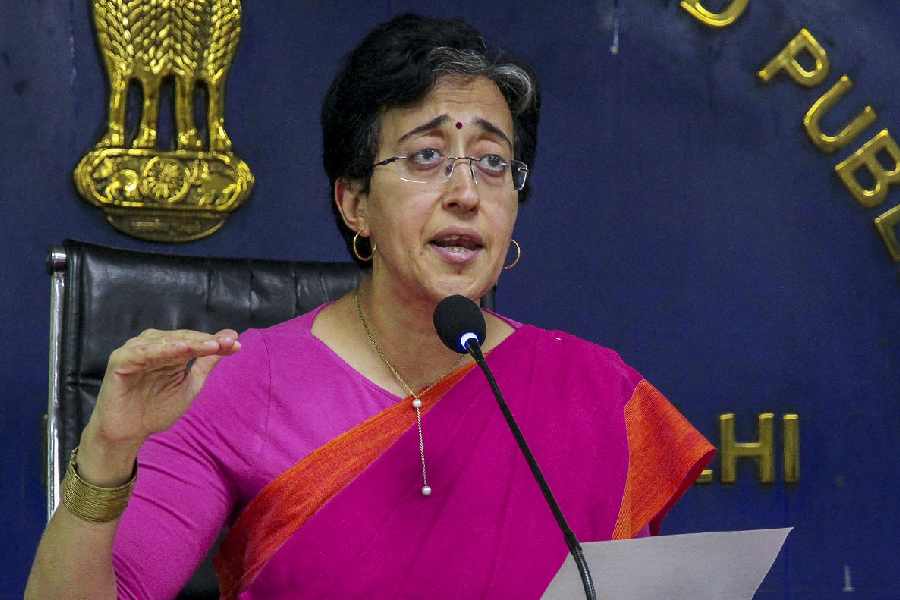
The BJP has refuted Delhi CM Atishi's accusation that her official residence was taken away by the Centre, stating that the allotment was withdrawn for her failure to take possession and ongoing CBI/ED investigation. The AAP leader, however, remains undeterred and vows to work for the people of Delhi even if it means operating from the streets. Delhi's 2025 election poll schedule has also been announced, with voting to take place on February 5 and results on February 8.
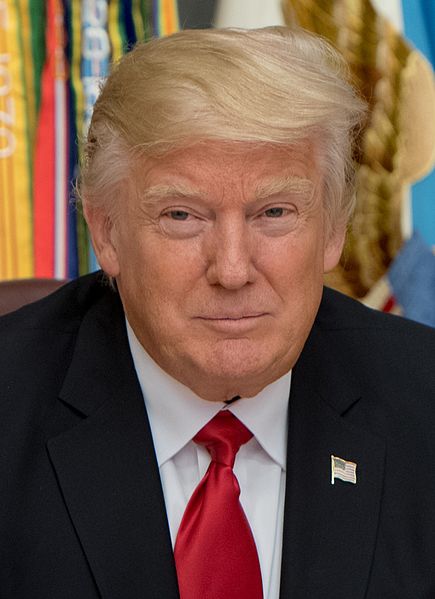
During a news conference in Mar-a-Lago, President-elect Donald Trump announced his plan to change the name of the Gulf of Mexico to the Gulf of America. Trump believes that the new name has a "beautiful ring" and is more appropriate, especially given the current state of relations between the US and Mexico. While this isn't the first time renaming the Gulf of Mexico to the Gulf of America has been proposed, Trump's announcement has caused controversy and garnered attention.

The nation bids farewell to former President Jimmy Carter as his funeral procession takes place from the U.S. Navy Memorial to the Capitol in Washington D.C. The event was attended by many political figures and members of the public, paying their respects to the late President. Despite the solemn atmosphere, the streets were lined with people celebrating Carter's life and legacy.